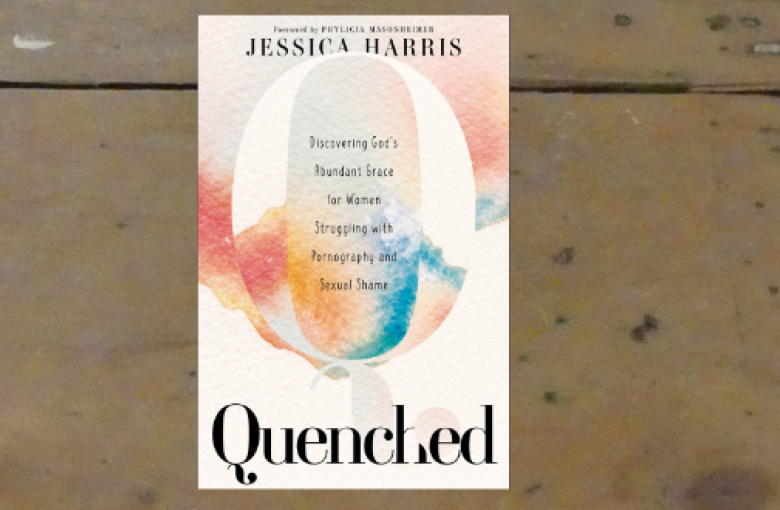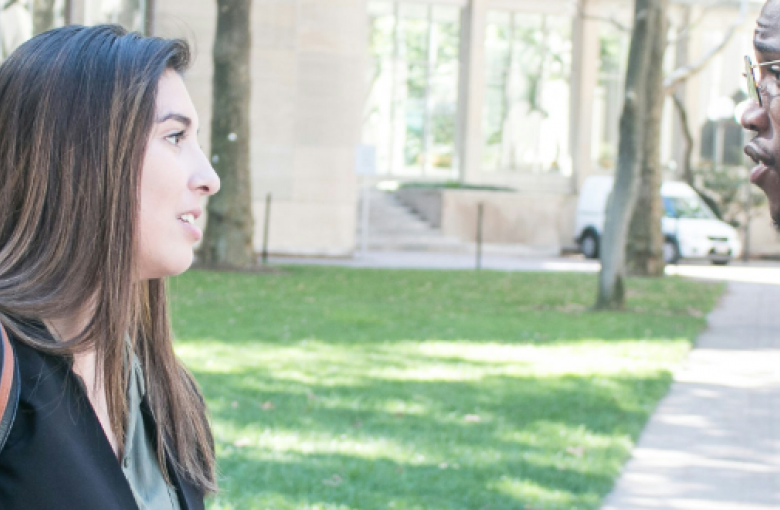If you are planning to set up an accountability arrangement with another person, the principles in this short article are intended to help you set it up so that it is clear, effective and helpful from the start. The two roles referred to in this article are “supporter” (the person offering support) and “recipient” (the person being supported). The focus of this article is establishing an accountability arrangement that is focused on interpersonal interaction, instead of one focused on an online monitoring product (such as Covenant Eyes).
When I was first asked to write a book review on the book Quenched by Jessica Harris, I’ll admit, I was sceptical. I don’t struggle with pornography and wasn’t sure I could relate to this book and the particular struggles spoken about…Well how wrong and ignorant was I! It is important to state that this book is not a self-help guide or practical manual to gain freedom from pornography or sexual shame, but rather an encouraging and emotional read to help us walk alongside each other in the hope that we can “live a life quenched” and glorify God.
In this article, I explore what I see as four common pitfalls when it comes to teaching on biblical sexuality. It’s not easy to get everything right when explaining this sensitive topic. But, if you can avoid these blunders, that’s a good start!
I was brought up by two loving Christian parents. They both worked in full time Christian ministry, so I spent much of my childhood in or around church.
Laura and Mark share, in this article, their experiences of speaking regularly on behalf of TFT.
In Luke 15 we read the parable of the lost sheep and, in many ways, I think this provides a helpful framework for understanding the way western culture encourages the emerging generation to live. We read the story of a shepherd and His flock; the sheep live within the boundaries and safety of the fence; the shepherd tends to and cares for His sheep; the sheep hear His voice and they follow, trusting His leadership and care.
It’s easy to feel churlish about study Bibles. There’s one for every lifestyle and perhaps every season of life, and the differences between them are seldom obvious. For me personally, the idea of purchasing a whole new Bible just to get the 'study bits' offered in its margins is a little ludicrous. But I’ve made an exception for the NIV Upside-Down Kingdom Bible, because it has several features that are of great interest to me as a same-sex attracted person with an admittedly counter-cultural worldview.
Is the risk worth it?
I hope this article encourages those who have been hurt in past friendships and relationships, to stay in community with others. I suggest that committing is worth it, as we take the risk of being open and vulnerable with others.
Being a minority voice on same-sex marriage can be very painful. A number of my colleagues have chosen to adopt a position which, in my view, goes against God's word. It comes with a bit of sadness that a denomination which I love, which I've grown up in, which does so much good in the world, would adopt a position which is at odds with God's ordering of our lives and God's design for his people.









